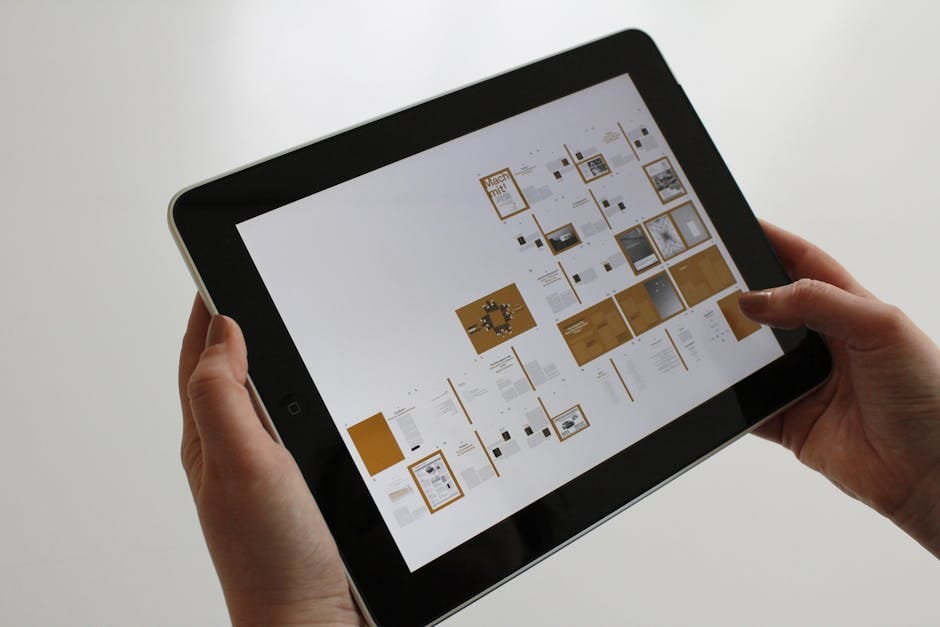In the contemporary digital age, the Internet has revolutionized the way we consume and interact with media. Internet media has emerged as a ubiquitous force, profoundly transforming communication, information dissemination, and entertainment.
Digital platforms and online content have become integral to our daily lives. Social media, news websites, streaming services, and video-sharing platforms have created a vast online ecosystem where we engage, share, and consume information and entertainment.
One of the most significant impacts of Internet media is the democratization of information access. Traditional media outlets, such as newspapers and television, had a limited reach and were often controlled by a select few entities. The Internet has broken down these barriers, allowing anyone with an internet connection to access a vast array of information and perspectives.
Furthermore, Internet media has facilitated the rise of user-generated content. Platforms like social media and video-sharing sites encourage users to create and share their own content, giving rise to a diverse and vibrant online community. This has empowered individuals to express themselves, share their ideas, and connect with others who share their passions.
The entertainment landscape has also been dramatically altered by Internet media. Streaming services have made it possible to access a vast library of movies, TV shows, and music on demand, blurring the lines between traditional and digital entertainment. Additionally, video-sharing platforms like YouTube and TikTok have launched the careers of countless creators and fostered a new generation of digital celebrities.
However, the proliferation of Internet media has also raised concerns about privacy, security, and the spread of misinformation. The vast amount of data collected by online platforms can be used to target individuals with personalized advertising or manipulate their behavior. Moreover, the ease with which false or misleading information can be disseminated online has led to the rise of "fake news" and the erosion of trust in traditional media outlets.
To address these challenges, it is essential for individuals to develop critical thinking skills and media literacy. By understanding how Internet media works, the biases and algorithms that shape online content, and the potential risks and benefits of digital communication, individuals can make informed decisions about how they consume and interact with media online.
In conclusion, Internet media has had a profound impact on our lives, transforming the way we communicate, consume information, and experience entertainment. While it offers unprecedented opportunities for access, engagement, and creativity, it also presents challenges that require responsible use and media literacy. By embracing the benefits and mitigating the risks, we can harness the power of Internet media to enrich our lives and foster a more informed and connected society.
